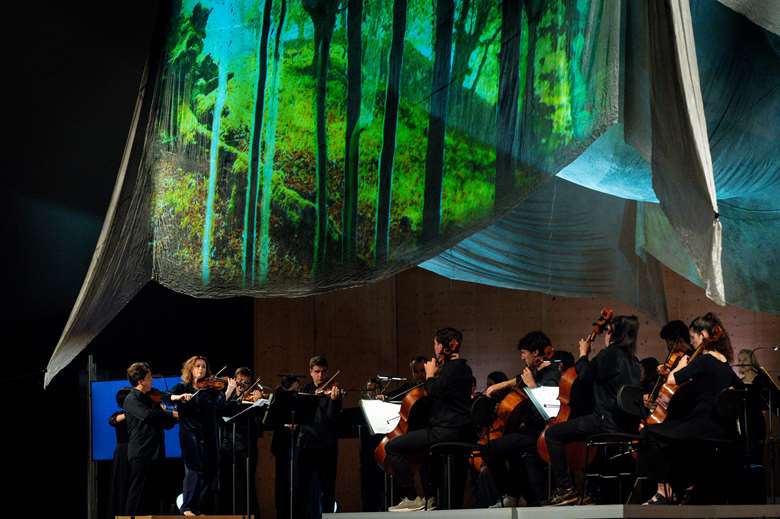‘Let’s do something, people!’ The Gstaad Menuhin Festival embraces change
Colin Clarke
Wednesday, August 16, 2023
Colin Clarke talks to artistic director Christoph Müller and festival regular Patricia Kopatchinskaja about how the festival's themes of 'change' and 'humility' has influenced this year's programming


Register now to continue reading
Don’t miss out on our dedicated coverage of the classical music world. Register today to enjoy the following benefits:
- Unlimited access to news pages
- Free weekly email newsletter
- Free access to two subscriber-only articles per month

